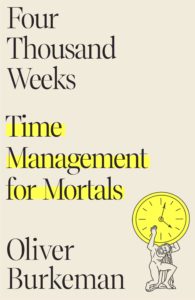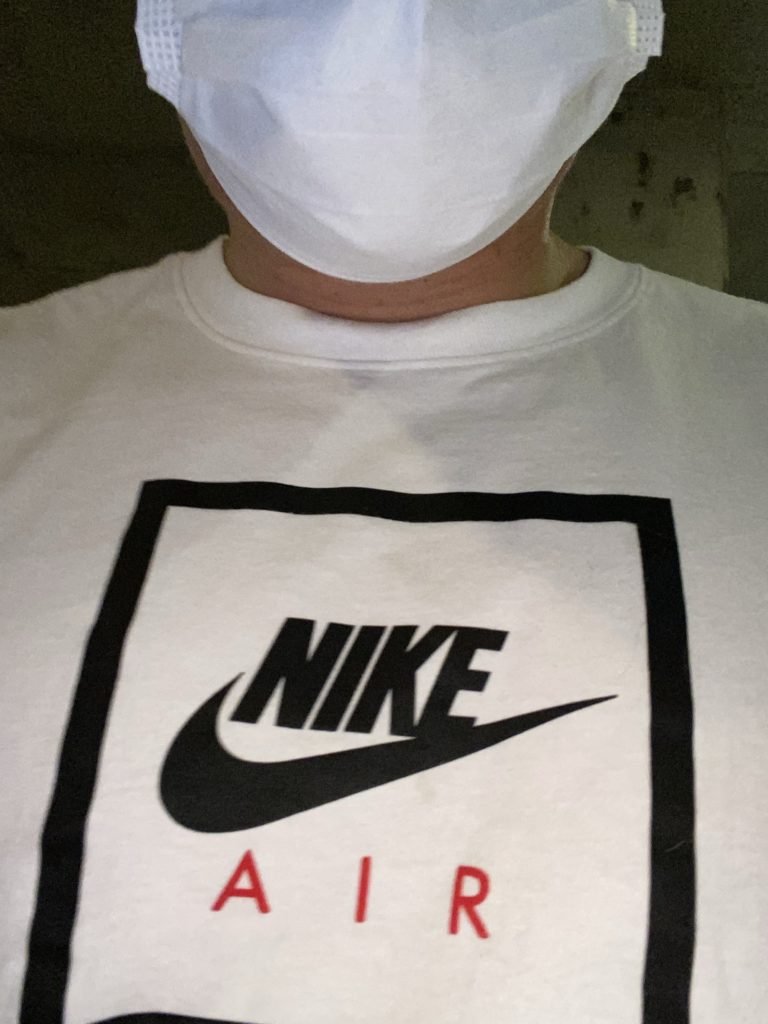What went well?
- I’ve started to shift my eating a bit: more protein shakes, less food overall
- Have been tracking food with MyFitnessPal and continue to track weight workouts with the Strong app
What can be improved?
- Social eating, but I do think this has gone a little bit better. I did get ice cream but only ate 1/3rd of it. (It does feel wasteful so next time I’ll skip altogether.)
What to experiment with?
- I joined a coaching program so there will be a lot of changes to both my workouts and nutrition. Looking forward to it
Fitness quote for the week
The secret to eating poorly and looking good:
“If you want to eat poorly and look good, be 22 and train about 60 hours a week.”
– Dan John
I’ve accepted that I’m past certain levels of fitness based on age. I’ve moved into the age range where professional athletes still producing results are outliers. Or miracles, even.

